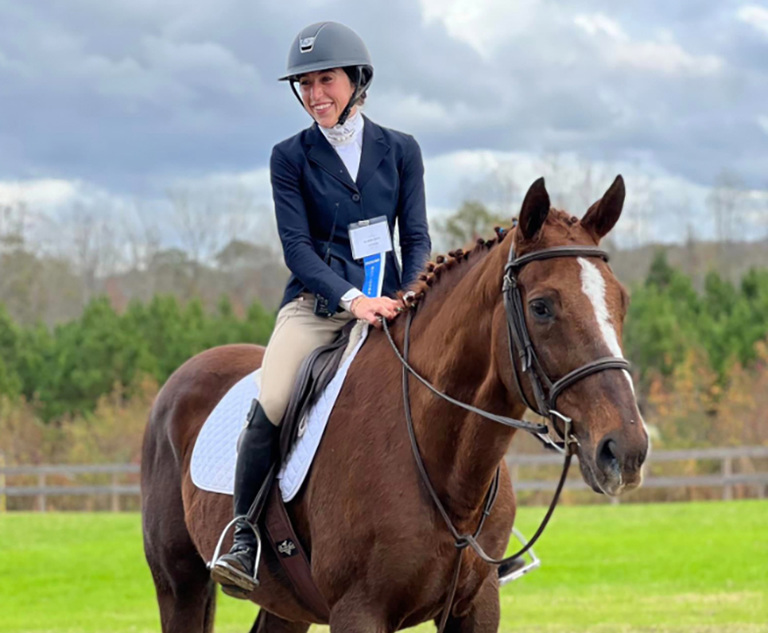As technology advances, and as technology’s cost declines, more and more businesses are adding sophisticated in-store or perimeter surveillance cameras to their comprehensive security systems. While these cameras can be a useful way to address potential crime, manage store safety, and monitor inventory, these cameras become very useful during the litigation of a premises liability case when they capture the manner in which an alleged incident occurred. It is no surprise then, that when a customer or business invitee is injured on a premises, he commonly seeks production of that in-store surveillance as part of the initial discovery in the eventual lawsuit.
Business owner defendants commonly respond to these discovery requests by agreeing to produce the surveillance video, but only after deposing the plaintiff. This procedure arguably preserves the defendant’s ability to obtain the plaintiff’s unfettered and independent recollection of the alleged incident, without that recollection being skewed by the video surveillance. In support of their position, premises owners commonly rely on Dodson v. Persell, 390 So. 2d 704, 705 (Fla. 1980), in which the Florida Supreme Court held that it is within the trial court’s discretion to allow the surveilling party to take a deposition before being required to produce the contents of video surveillance in its possession. Critically, however, Dodson involved post-incident surveillance of the plaintiff and not surveillance of the incident itself.


 Gabriel “Zach” Gonzalez. Courtesy photo
Gabriel “Zach” Gonzalez. Courtesy photo




